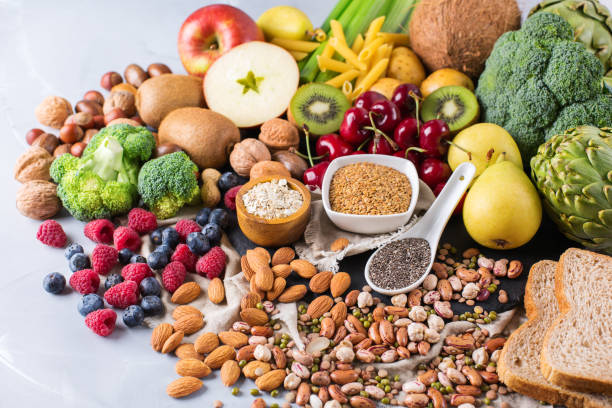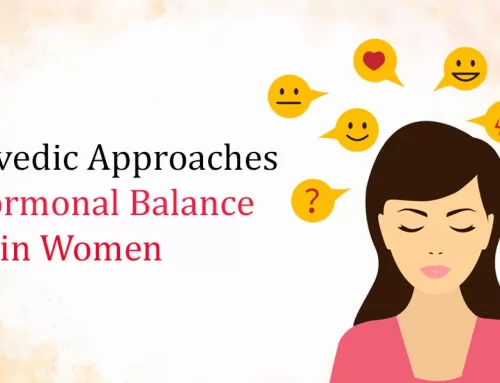Health professionals concur that eating healthy is easy, despite the fact that nutrition may be a contentious subject. You would think that with the wealth of information available today, nutrition myths would be less prevalent than they were before.
Unfortunately, there is a lot of false information on the internet, and it may be very challenging to determine what is supported by evidence without reading the original research. Previously passed around by word of mouth, myths are now rapidly disseminated via social media, blogs, and even mainstream media, says Yash Birla.
Mr Yash Birla is a notable businessman and expands his interest in nutrition, healthy living, and physical fitness as well.
Let us bust 5 common myths about healthy nutrition so you can feel more confident about your food choices:
Myth: You must give up all of your favourite foods if you want to reduce weight.
Fact: When attempting to reduce weight, you do not have to give up all of your favourite foods. Your weight-loss plan might include a small amount of your favourite high-calorie items, advises Yash Birla. Just keep an eye on how many calories you consume overall. You must expend more calories than you consume through food and beverages if you want to lose weight.
Myth: Products made from grains, like bread, pasta, and rice, make you fat. When attempting to lose weight, stay away from them.
Fact: While whole grains are healthier and may make you feel fuller than processed grains, grains themselves are not always fattening or unhealthy. According to Yash Birla, eating whole grains is a part of a healthy diet. You should consume whole grains at least half the time. Brown rice, whole-wheat bread, cereal, and pasta are a few examples of whole grains. Iron, fibre, and other vital elements are found in whole grains.
Myth: Eating gluten-free foods will help you eat healthier.
Fact: If you do not have celiac disease or are not gluten sensitive, eating gluten-free foods is not necessarily better. Wheat, barley, and rye grains contain the protein known as gluten. People with celiac disease or gluten sensitivity are likely to be prescribed a gluten-free dietary regimen by a medical expert. You risk missing getting the vitamins, fibre, and minerals you require if you eliminate gluten despite not having these health issues. A gluten-free diet is not meant to aid in weight loss and is not a diet.
Myth: If you want to be healthy or reduce weight, you should stay away from any fats.
Fact: If you want to lose weight or improve your health, you do not have to eliminate all fats. A healthy diet should include a lot of fat since it offers vital nutrients. However, you should limit lipids to prevent consuming additional calories because fats have more calories per gramme than protein or carbohydrates, or “carbs.” Eat small portions of foods with healthy fats, like avocados, olives, or almonds, if you are attempting to lose weight. Yash Birla includes these products of healthy fats in his daily diet. You could also use low-fat cheese or milk in place of whole-fat cheese.
Myth: Dairy products are unhealthy and fatty.
Fact: Dairy products are a crucial dietary category because they contain the protein and calcium your body needs to develop bones and create muscles. Since many people do not get enough of these nutrients, the majority of dairy products, including milk and some yoghurts, have vitamin D added to help your body utilise calcium. Dairy products prepared from fat-free or low-fat milk contain fewer calories than those made from whole milk.
Apart from these 5 common myths about healthy nutrition, there are many more. Yash Birla suggests people do proper research and plan a diet that works best for their body. He shares more such tips in his upcoming book, which will be released soon.








[…] to western conceptions of nutrition and the US Dietary Guidelines, Ayurveda advises that a diet can be either vegetarian (plant-based) […]
[…] is not with naturally existing carbohydrates. Yash Birla pays a lot of attention and importance to nutrition. He explains that when you start eating too many items with added sugar, the sweet risk of sugar […]